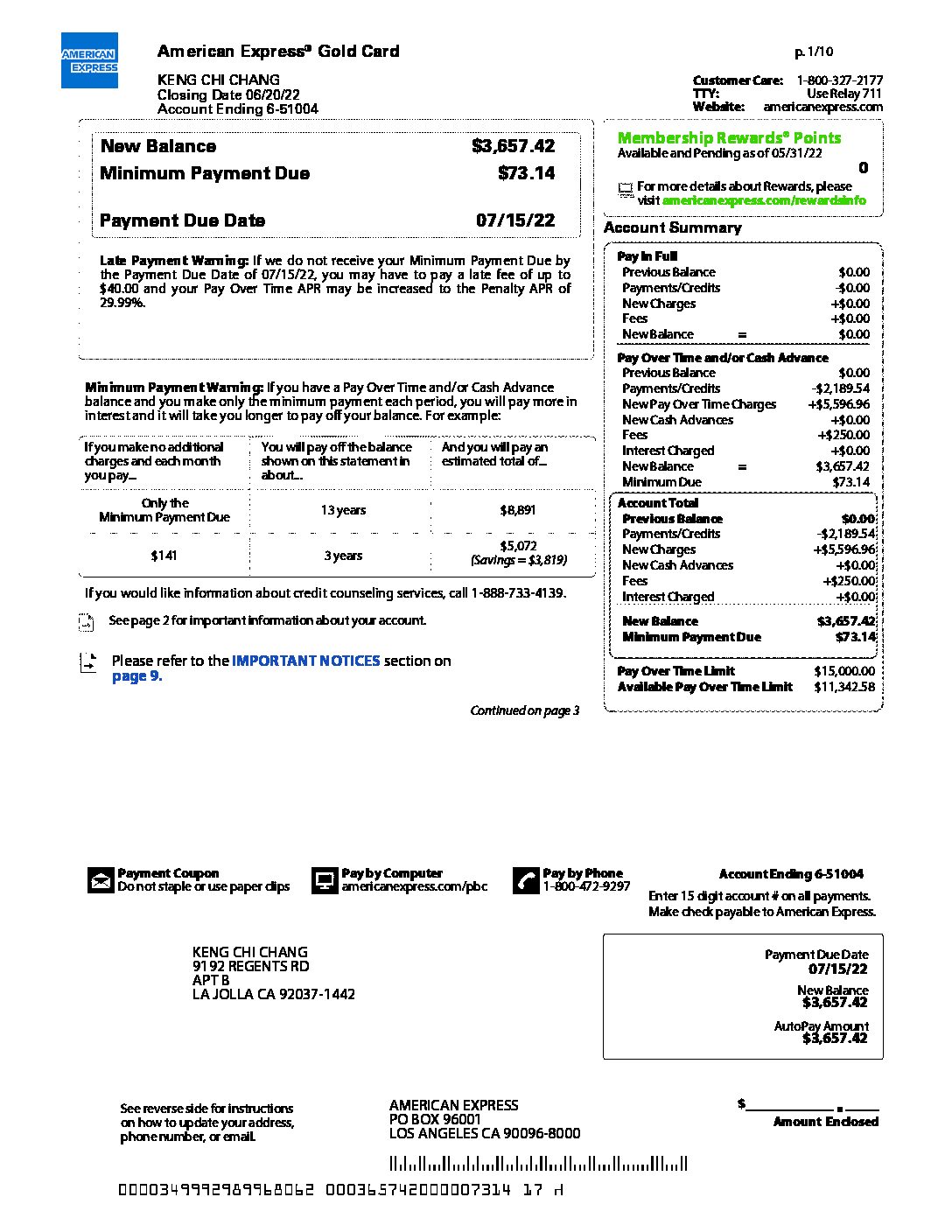Tim Liao, virtual talk
Center for Social Data Analytics guest lecture series presents: Tim F. Liao, University of Illinois at Urbana-Champaign
"Analyzing Cumulative Advantage and Disadvantage with Life Course Sequence Data"
Abstract
An important and enduring area of social science research is the study of cumulative advantage and disadvantage (CAD) over the life course. The scientific foundation of CAD in sociology famously rests on Merton’s (1968) concept of the Matthew’s Effect, and the empirical literature on the topic has mushroomed since the sociological study of scientists’ differences in productivity almost half a century ago (Allison & Stewart 1974). In this presentation, I consider two new approaches to analyzing CAD with life course sequence data. Sequence analysis provides an ideal method for studying CAD over the life course because it presents a holistic perspective on life course trajectories. However, we currently do not have a proper method for assessing and analyzing CAD with sequence data. I propose a parametric and a nonparametric method analyzing CAD. For the parametric method, I use an AR(1) autoregressive regression, and for the nonparametric method, I employ a permutation method. I analyze some ideal-typical sequences and 18 waves of the British Household Panel Survey data for comparing and illustrating the efficacies and usefulness of the two methods.
Tim Liao’s Bio
Tim F. Liao is Professor of Sociology and Statistics at the University of Illinois at Urbana-Champaign. His research focuses on inequality; social demography, especially migration and the life course; and quantitative methodology, notably inequality measures and sequence analysis. His recent quantitative methodological publications include a 2021 Sociological Methodology article (with A. Fasang) on group-wise life course sequence comparisons using the Bayesian Information Criterion, a 2021 Sociological Science paper on the quantification of linked life courses, and a 2021 Sociological Methods & Research article on computing individual-level Gini and Theil inequality indexes. In addition, his in-press lead-author Social Science Research review paper involves a dozen most influential sequence analysts and provides a most comprehensive and authoritative assessment of sequence analysis methodology

